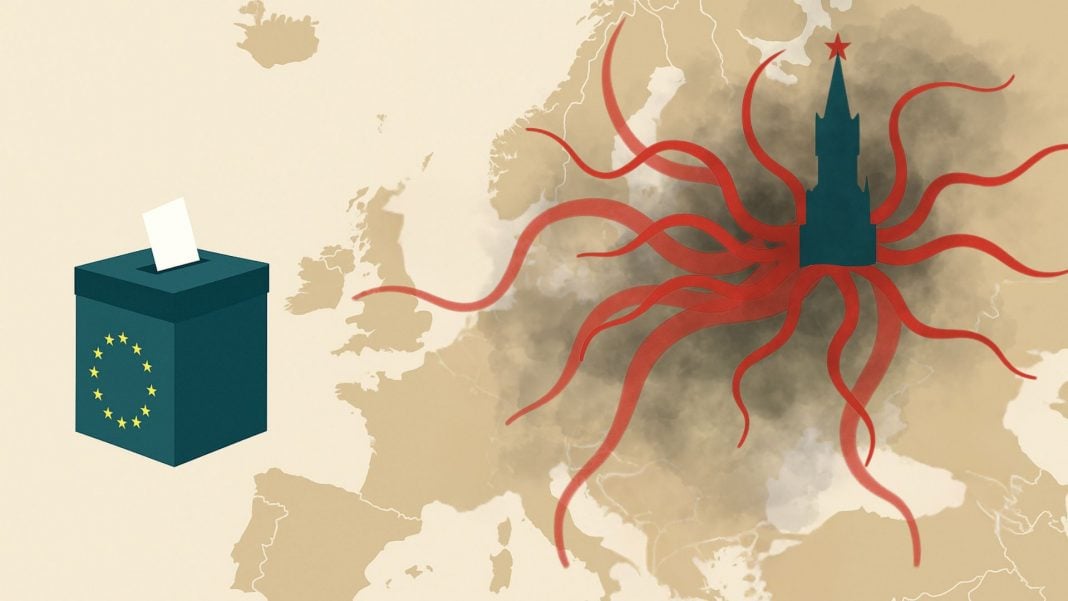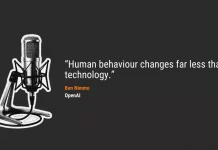The electoral process in many countries within the Russian Federation’s sphere of influence has been the target of various Russian disinformation campaigns for many years. Recently, we have seen parliamentary elections in Moldova, a country of considerable importance to Russia, where the pro-European forces of President Maia Sandu and the PAS party defended their majority, as well as in the Czech Republic, where, after the decidedly anti-Russian government of Petr Fiala, voters decided to return Andrej Babiš, who may not be pro-Russian, but is certainly not as pro-Ukrainian and pro-European as his predecessor. I am not mentioning the local elections in Georgia here, because Russian influence there is realized directly through the actions of the government apparatus.
During these and many previous election campaigns, there has been a significant increase in anti-European, anti-government, pro-Russian, and “pro-peace” rhetoric. And although a large part of this type of narrative comes from Kremlin troll farms, these ideas have become so ingrained in political discourse that I would venture to say that Russia does not need to intensify its efforts today to ensure that its narrative is present in the Western information space.
Let us go back to the presidential elections in Poland. The far-right candidate Grzegorz Braun won over 6% of the votes in the first round. This is both a lot and not much – not much, because support at this level does not give him a chance to effectively implement his own policies, but on the other hand, it is remarkably high for a narrative based on theses that coincide with the Kremlin’s disinformation narratives, which is openly anti-Ukrainian and repeats many lies originating in Olgino. Are these more than six percent of Polish voters really impressed by the tearing down of Ukrainian flags expressing solidarity with Ukraine, which has been attacked by Russia? Some of them certainly are. In the fall of 2025, some polls gave Grzegorz Braun’s party, the Confederation of the Polish Crown (which until March 2025 co-founded the Confederation of Freedom and Independence party), as much as 10%.
But it is not just Braun’s 6% of voters, because anti-Ukrainian sentiments have permeated the discourse of a large part of the Polish political scene. In Poland, this issue has a special dimension – it is not just one of many topics, but one of the main topics. Such political circles present the presence of Ukrainians in Poland as a security issue, emphasizing in particular any violations of the law by Ukrainian citizens, but also creating a false dichotomy between helping Ukraine and ensuring Poland’s security.
The situation is different in other European countries, where issues of international politics, support for Ukraine, or even security in the military sense are much less important to voters when deciding which party or candidate to support. From the perspective of Ukraine, Poland, or the Baltic states, this may be somewhat surprising. Paradoxically, parties that talk about distancing themselves from the war, promising no aid to Ukraine or neutrality in relations with Russia, also benefit from this. Voters are then convinced that it is their own interests that are most important to a given party – domestic issues such as the economy or healthcare.
This state of affairs is, to some extent, the result of the Kremlin’s long-term disinformation policy. Sometimes overt, sometimes more subtle. Conspiracy theories, skillfully sown during the coronavirus pandemic, undermining trust in state institutions, are now manifesting themselves in increased support for “anti-system” candidates.
Mark Twain once said that a lie can travel halfway around the world before the truth has time to put on its shoes.
“A lie can travel halfway around the world while the truth is putting on its shoes.”
Even if corrected, lies will already have had an impact on reality and left a lasting impression on people. It doesn’t matter whether “a Ukrainian shot three people in Katowice” really happened – such fake news could recently be read on the Polish-language section of the X portal. The truth is simple – he did not shoot anyone, as confirmed by the police. But the news has spread. And since it is talked about so often, Ukrainians must be doing something wrong – this is the impression that remains in society.
Russian interference in Western electoral processes is a fact, it has been well documented and proven. However, it is not just interference here and now during a given campaign, it is a long-term process of poisoning society. And some people have adopted these views, based on lies and manipulation, as their own and are infecting others with them. Even without the involvement of Russia, which is only reaping the fruits of its earlier work.
PMB





